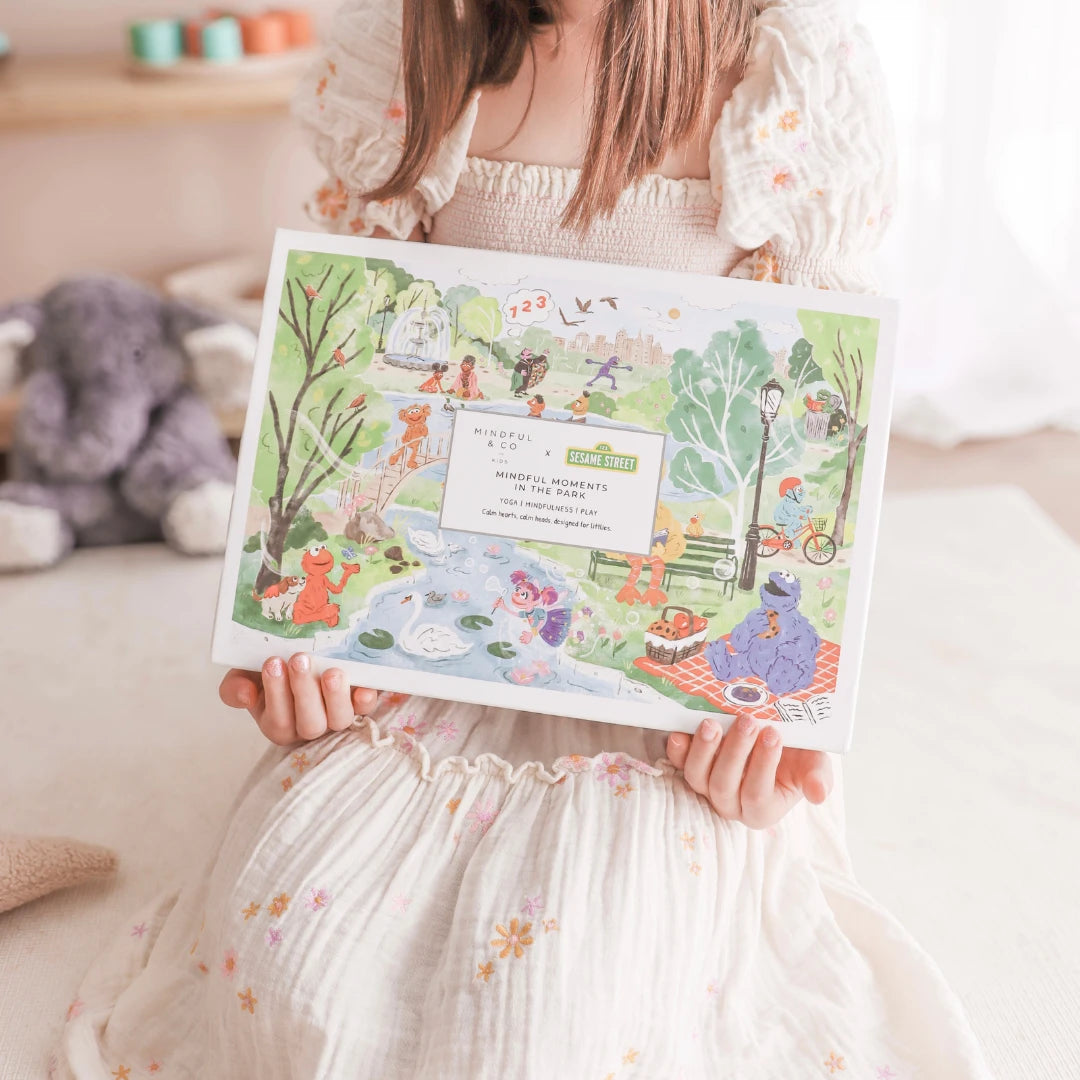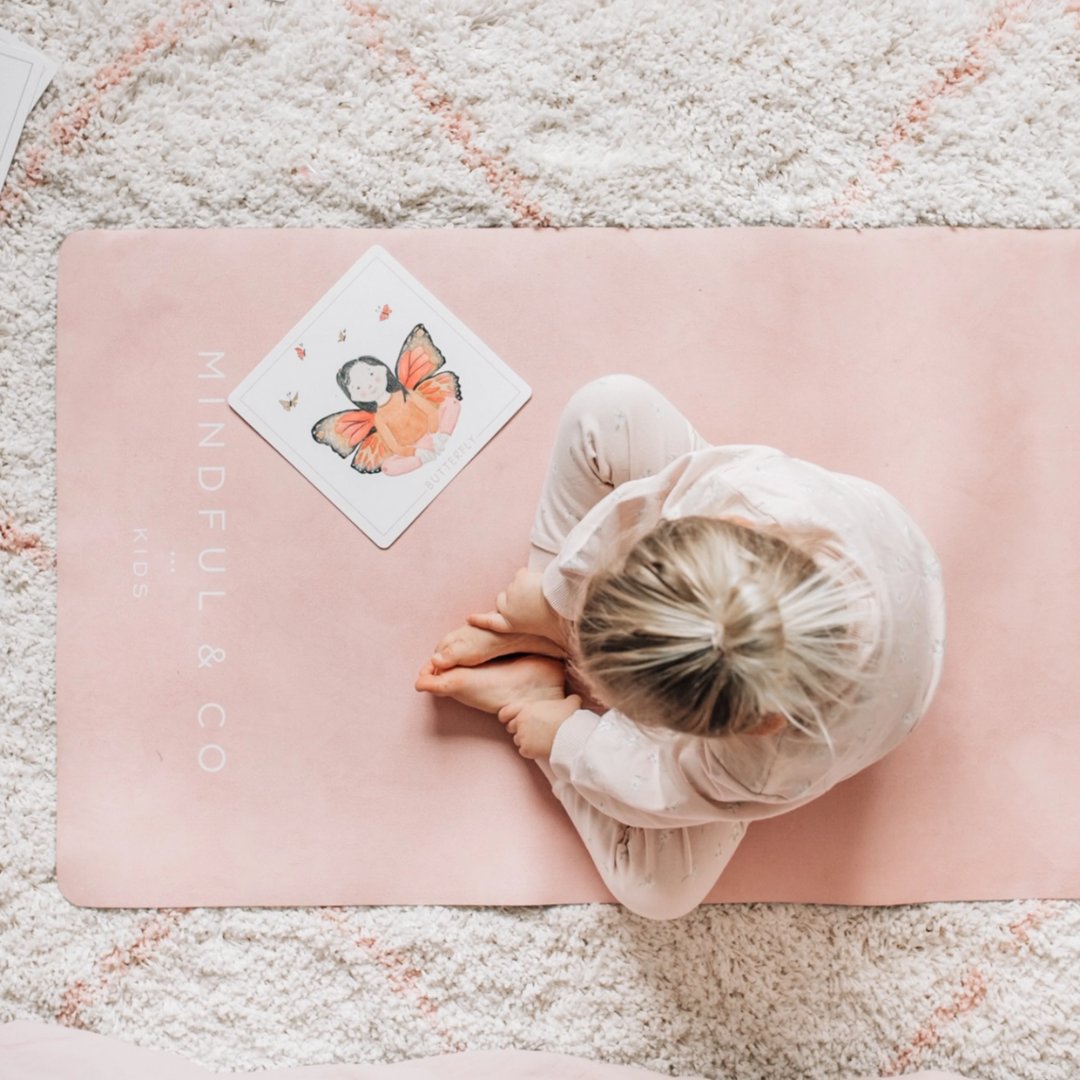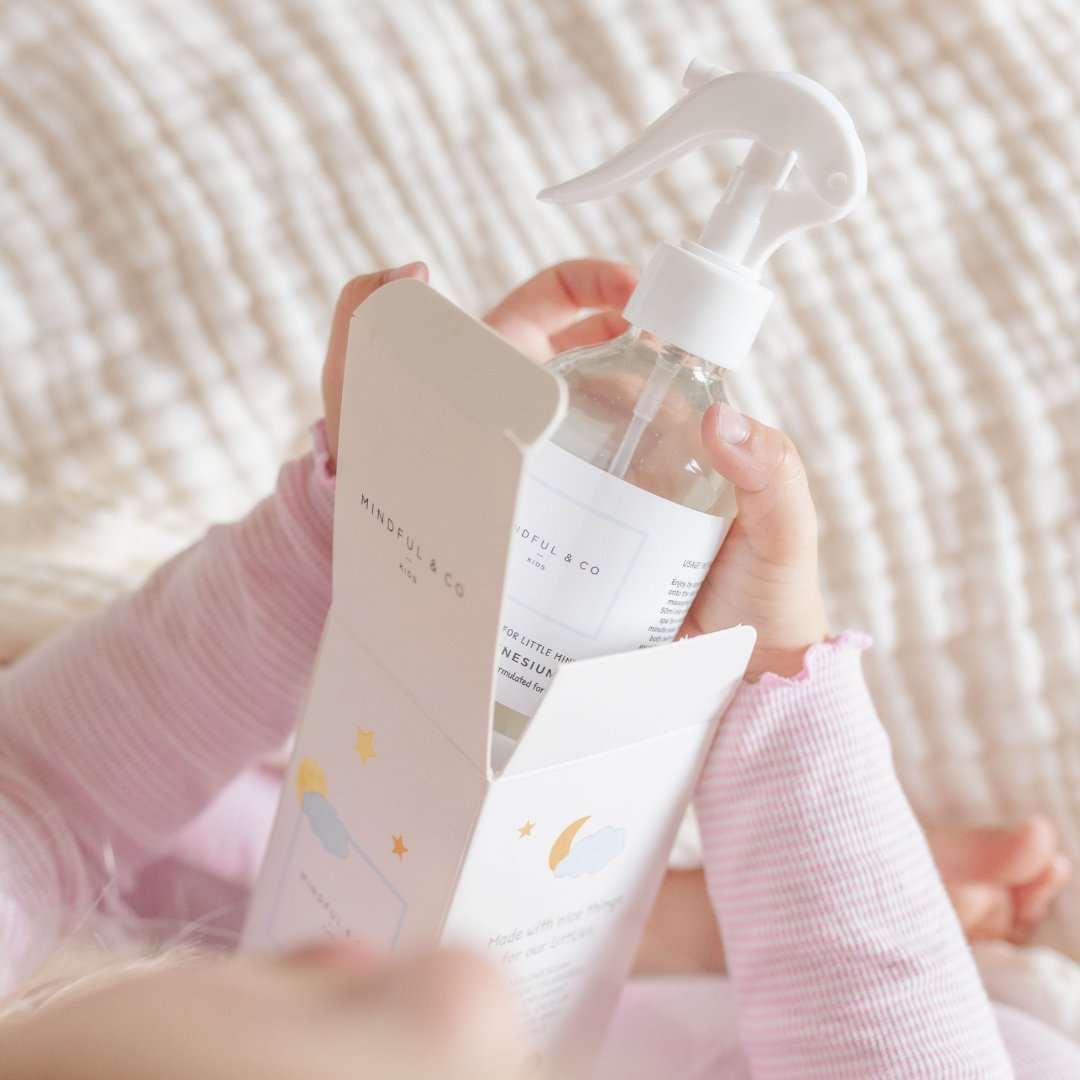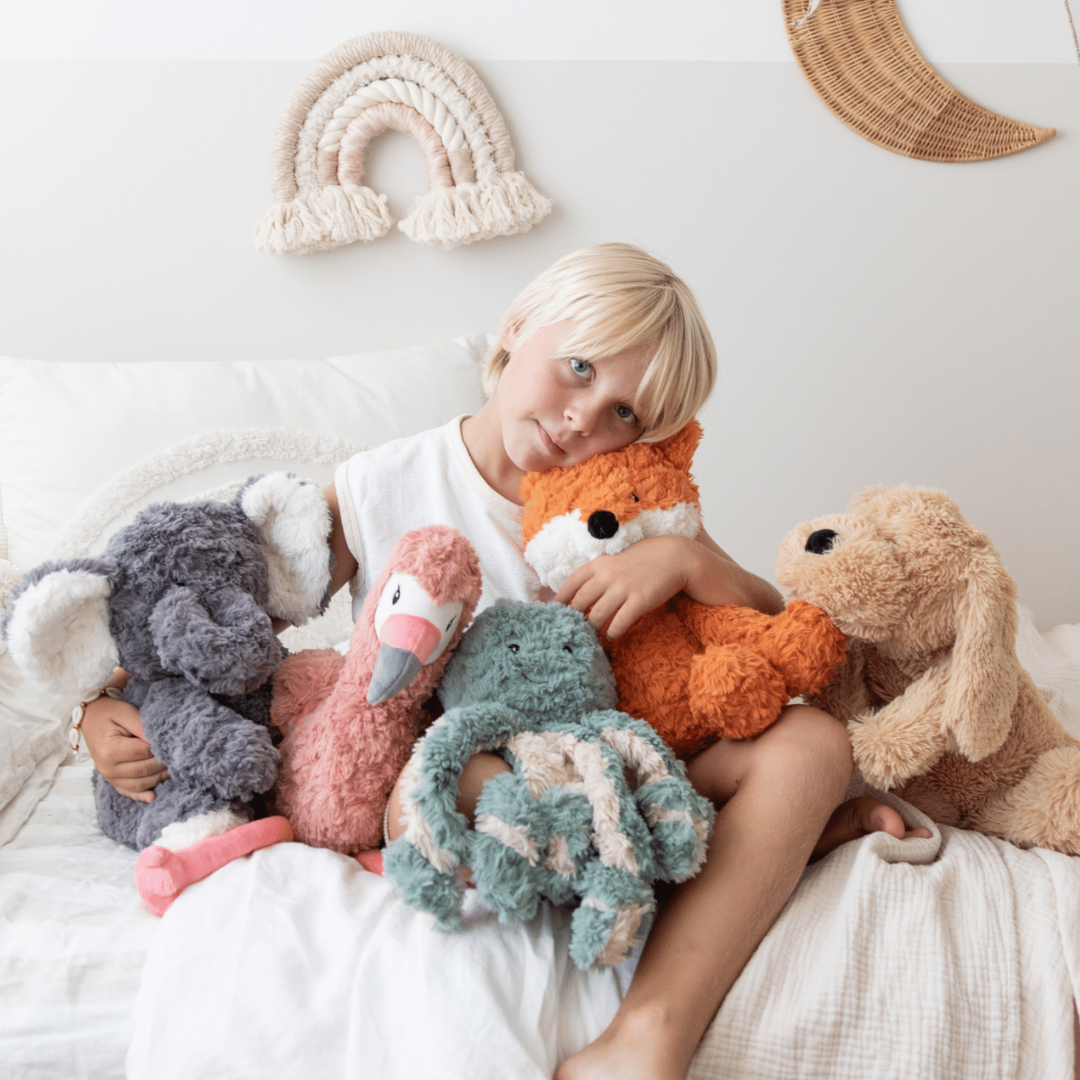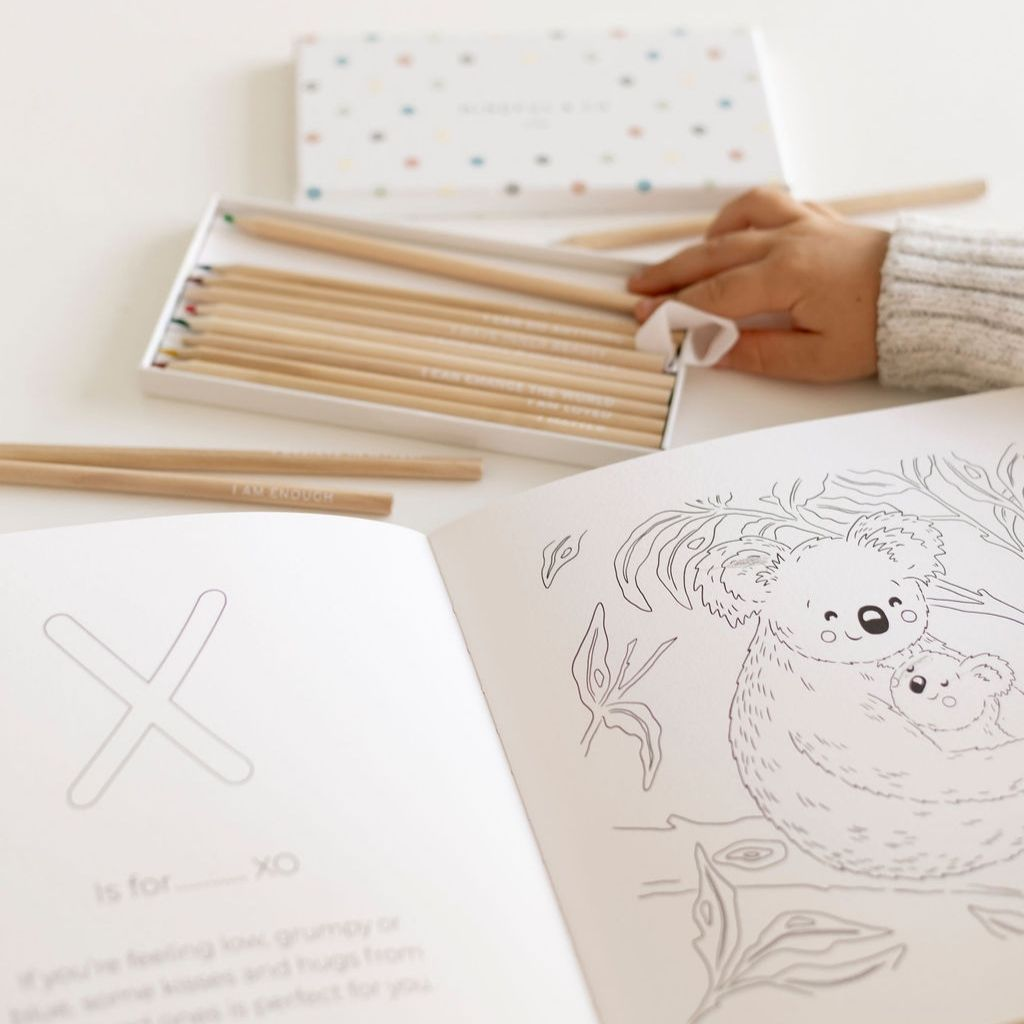How to Help Your Child Manage Anxiety
How to Help Your Child Manage Anxiety
Anxiety is a body’s response to stress, and it can impact not only adults but children too. For example, if your child is starting at a new school or giving a speech, they may feel anxious or nervous about it. This is completely normal. However, if you’re noticing anxious feelings that are lasting for long periods of time (weeks or months), or extreme bouts of anxiety, this could be a sign of something more.
According to a recent study on student anxiety within a school setting, 71.3% of school-based support providers identified student anxiety within their top 5 student mental health concerns. To provide more equitable mental health services, however, more work is needed to improve identification of student anxiety and how to address it.
With minimal support for anxiety within schools, helping your child to manage their feelings of anxiety is often left to be managed at home. The way you respond to your child’s anxiety will make a huge difference in how they learn to cope with anxious feelings.
The Symptoms of Anxiety:
Anxiety can feel different for every child. Some might simply feel a little unsettled in their stomach, while others might be faced with a feeling of disconnect between their mind and body.
Their body may respond by having specific physical reactions such as:
- Panic attacks.
- Painful memories.
- Upsetting thoughts.
- Increased heart rate.
- Rapid breathing.
- Trouble concentrating.
- Changes in sleeping patterns.
As a parent, it’s important to be aware of how anxiety can present and be mindful of this when observing behaviours and feelings within your child.
Helping Your Child to Cope with Anxious Feelings:
It’s common for a parent to want to step in and prevent or relieve feelings of anxiety for their child. This is often not the most helpful approach as it doesn’t allow your child to develop the skills and strategies in overcoming anxiety independently.
Supporting them through these big feelings is a much better approach, as it allows them to cope with anxiety using skills they can take with them into adulthood:
- Don’t avoid situations or activities that make your child anxious. This makes them feel better temporarily, but it reinforces the anxiety in the long run.
- Be positive, but realistic. Expressing confidence in them rather than promising their fear won’t come true is a safer approach.
- Validate their feelings rather than having an opinion. You might not agree with their feelings, but you can be empathetic and listen to them.
- Leading questions can make it worse. Asking open-ended questions rather than saying ‘Are you anxious about…’ allows them to answer without putting feelings of anxiety into their head.
- Don’t reinforce fears. Be aware of your tone of voice and hesitancy when talking with them about something that’s making them feel anxious.
- Praise effort over result. Be encouraging and praise them for giving something a go rather than celebrating the result. This helps them feel proud of trying something rather than finishing it.
- Talk it out. In times when your child is not having feelings of anxiety, try having a chat about what would happen if their anxious thoughts came true? Would it be the end of the world? Why, why not?
- Model how to cope with anxiety. If something is proving to be stressful for you, try talking about this out loud and coming up with a solution to relieve anxious feelings. When your child witnesses this, they will eventually learn to copy.
When it comes to your child’s anxiety, be mindful of your parenting style and interactions with your child. It’s worth reading up on this topic to ensure you are not creating extra pressure or anxiety for them as they learn to manage and self-regulate these big feelings.
Activities That Help Your Child with Anxiety:
Finding activities that suit your child will depend on your child’s likes and dislikes. What works for one may not work for another.
These 3 things can be adapted to suit a range of children based on their needs:
- Calming Them Down:
Finding ways to help your child calm down when they’re feeling anxious can be challenging. If you’re out and about, it can be even more difficult. If you’re finding your child is getting worked up about something, try:
- Getting them to imagine their favourite place or thing. If they feel up to it, they might be able to tell you about these things.
- Name their favourite animals or a category of animals like ‘farm animals’.
- Squeeze a stress ball, their fists, play dough.
- Drink a cold drink. The coldness can often feel nice if they are struggling to breathe.
- Go through their senses to ground them. 5 things you can see, 4 things you can touch, 3 things you can hear, 2 things you can smell, and 1 thing you can taste.
- Breathing Deep:
Some children may not be open to deep breathing as they can’t calm themselves long enough to feel the benefits. However, anxiety does make your body tense up, which causes it to switch to a fight or flight mode. When muscles tense up, the heart rate elevates. If this is happening with your child, try:
- Blowing bubbles
- Using a straw to blow bubbles into a glass of water.
- Blowing up a balloon.
- Placing a cold pack on their chest.
- A Coping Toolbox:
Creating a toolbox that works as a kit for calming your child down is a great idea. When they aren’t feeling anxious, get them to help you put one together so that they are more likely to use it when they need it:
- Have a designated calm spot for them.
- Make a calm bottle with hair gel, corn syrup, glue, glitter glue, glitter, small stones, shells, and whatever else they love. Mix all together and make sure the bottle can’t be open. This is something they can shake and play with in their calm spot.
- Add quiet activities to the toolbox that they might like such as Play Dough, colouring in, journaling, Lego, etc.
- Have a regulating poster available to them. This helps them to identify their feeling and what they can do to alleviate that feeling.
The causes of anxiety disorders are still not 100% clear. Research suggests that it’s a combination of genetic and environmental factors, as well as brain chemistry, which controls the fear response. Stress, personality type, past trauma, race, life events, and medication are some other factors that may contribute to anxiety.
Whatever the reasons behind it are, if you believe your child is struggling with anxious feelings and you’re unsure how to help them, seek professional help as soon as possible. Creating a treatment plan that helps you to identify the symptoms and provide activities that relieve anxiety for your child will be beneficial to their wellbeing in the long run. It’s also a great step in the right direction when it comes to supporting them as they tackle these big feelings.

